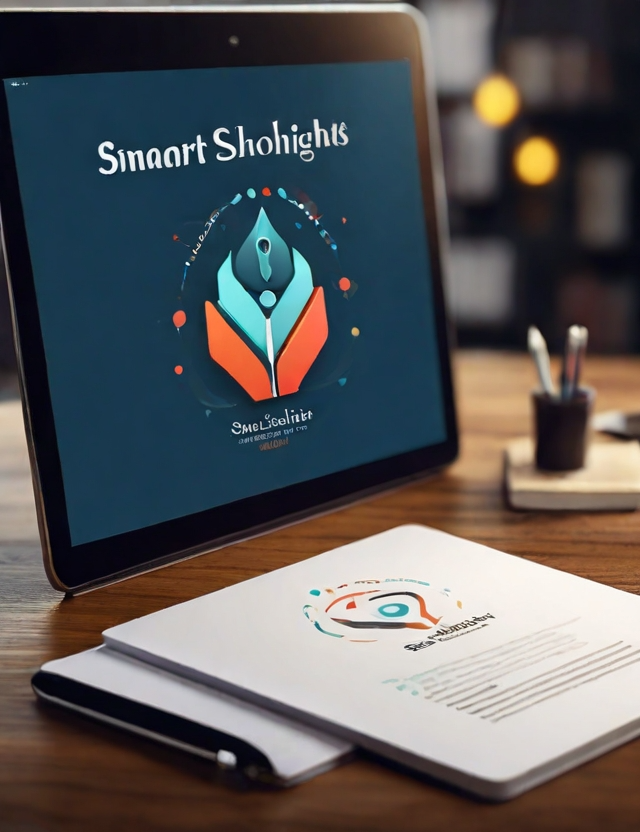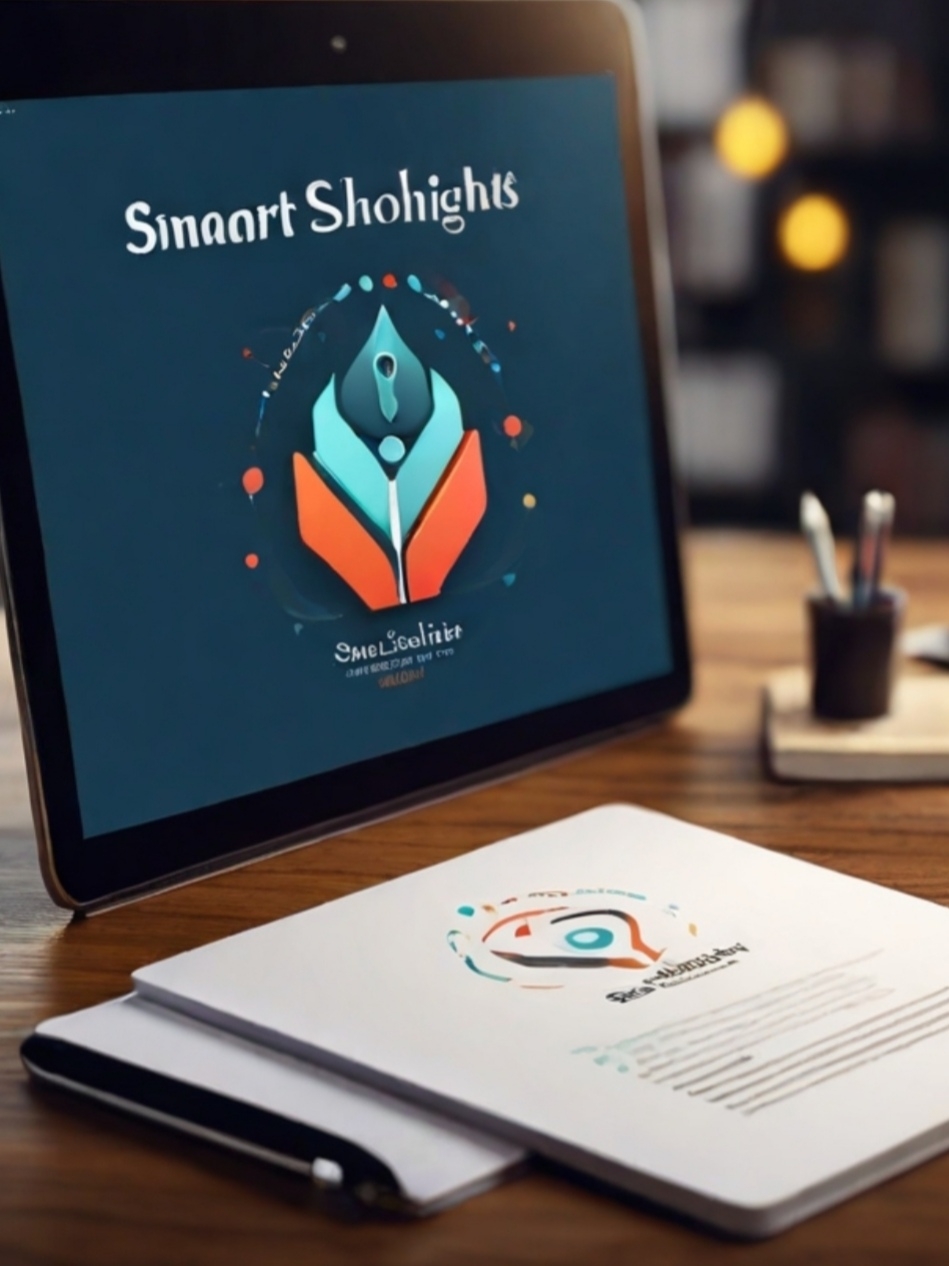Unveiling the Path to Academic Excellence: A Journey through Effective Study Techniques
In the pursuit of academic excellence, students are often faced with the challenge of navigating through vast amounts of information, mastering complex concepts, and preparing for rigorous assessments. However, armed with the right study techniques, this journey becomes not only manageable but also enriching. In this essay, we will explore the significance of effective study techniques and delve into various strategies that can empower students to achieve their academic goals.
At the heart of effective studying lies the principle of active learning. Rather than passively consuming information, active learning involves engaging with the material through activities such as summarization, self-explanation, and application of knowledge. By actively participating in the learning process, students not only deepen their understanding but also enhance their ability to retain and apply information. This approach fosters critical thinking skills and promotes a deeper appreciation for the subject matter.
A cornerstone of effective study techniques is the practice of spaced repetition. This method involves distributing study sessions over time, with intervals of increasing length between each session. By strategically spacing out review sessions, students reinforce their memory and retention of key concepts. Spaced repetition leverages the psychological phenomenon known as the spacing effect, which suggests that information is better retained when learned over multiple spaced intervals rather than in one continuous session. Incorporating spaced repetition into study routines enables students to maximize their learning efficiency and retention of information.
In addition to spaced repetition, retrieval practice is a powerful study technique that promotes long-term retention and comprehension. Retrieval practice involves actively recalling information from memory, either through self-quizzing, flashcards, or practice tests. By repeatedly retrieving information, students strengthen their memory retrieval pathways, making it easier to recall the information when needed. Furthermore, retrieval practice enhances metacognitive awareness, enabling students to identify gaps in their understanding and focus their study efforts on areas that require further reinforcement.
Furthermore, effective note-taking is a fundamental study technique that can significantly enhance learning outcomes. Whether using traditional handwritten notes or digital tools, taking organized and concise notes helps students synthesize information and reinforce their understanding of key concepts. Techniques such as the Cornell method or concept mapping facilitate active engagement with the material and promote deeper comprehension. Regular review and revision of notes further consolidate learning and serve as valuable study aids during exam preparation.
Moreover, creating a conducive study environment is essential for optimizing learning outcomes. Minimizing distractions, establishing a designated study space, and adhering to a structured study schedule can enhance focus and productivity. Additionally, incorporating breaks, staying hydrated, and getting adequate rest are essential components of maintaining optimal cognitive function and mental well-being during intense study sessions.
In conclusion, effective study techniques play a crucial role in empowering students to achieve academic excellence. By actively engaging with the material, incorporating spaced repetition and retrieval practice, taking organized notes, and cultivating a conducive study environment, students can enhance their comprehension, retention, and application of knowledge. Moreover, adopting a growth mindset and embracing challenges as opportunities for growth can foster resilience and motivation in the face of academic hurdles. Through diligent practice and the deliberate application of effective study techniques, students can embark on a journey of intellectual growth and achieve their academic aspirations.


Comments
Post a Comment